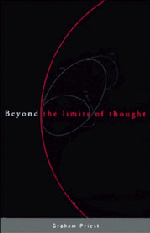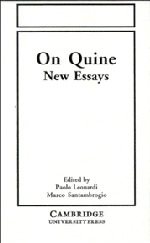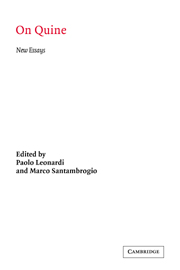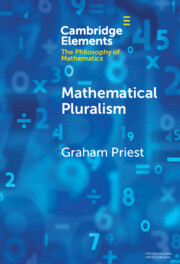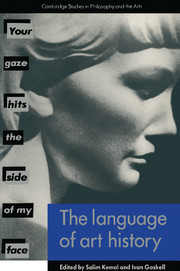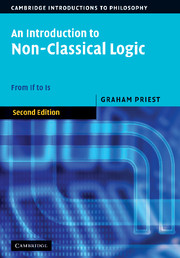Beyond the Limits of Thought
This is a philosophical investigation of the nature of the limits of thought. Drawing on recent developments in the field of logic, Graham Priest shows that the description of such limits leads to contradiction, and argues that these contradictions are in fact veridical. Beginning with an analysis of the way in which these limits arise in pre-Kantian philosophy, Priest goes on to illustrate how the nature of these limits was theorised by Kant and Hegel. He offers new interpretations of Berkeley's master argument for idealism and Kant on the antimonies. He explores the paradoxes of self reference, and provides a unified account of the structure of such paradoxes. The book concludes by tracing the theme of the limits of thought in modern philosophy of language, including discussions of the ideas of Wittgenstein and Derrida.
- Major new thesis about the nature of conceptual limits
- Original reinterpretation of a number of major Western philosophers e.g., Aristotle, Kant, Hegel, Derrida
Product details
May 1995Hardback
9780521454209
290 pages
235 × 159 × 25 mm
0.608kg
9 tables
Unavailable - out of print January 1999
Table of Contents
- Preface
- Introduction: beyond the limit
- Part I. The Limits of Thought in Pre-Kantian Philosophy: Pre-Kantian Philosophy:
- 1. The limits of expression
- 2. The limits of iteration
- 3. The limits of cognition
- 4. The limits of conception
- Part II. The Limits of Thought in Kant and Hegel:
- 5. Noumena and the categories
- 6. Kant's antimonies
- 7. Hegel's infinities
- Part III. Limits and the Paradoxes of Self-Reference:
- 8. Absolute infinity
- 9. Vicious circles
- 10. Parameterisation
- 11. Sets and classes
- Technical appendix
- Part IV. Language and its Limits:
- 12. The unity of thought
- 13. Translation, reference and truth
- 14. Consciousness, rules and différence
- Conclusion: the persistence of inclosure
- Bibliography
- Index.

